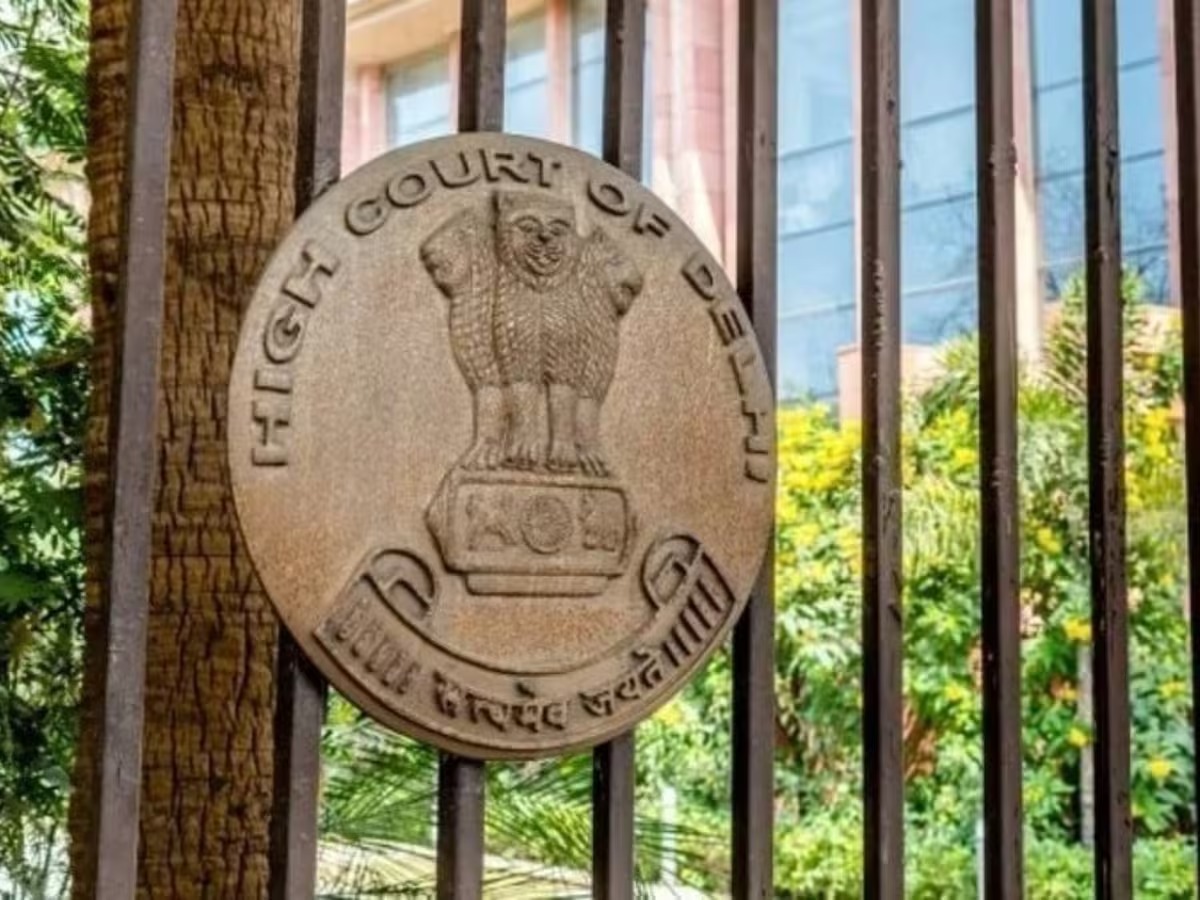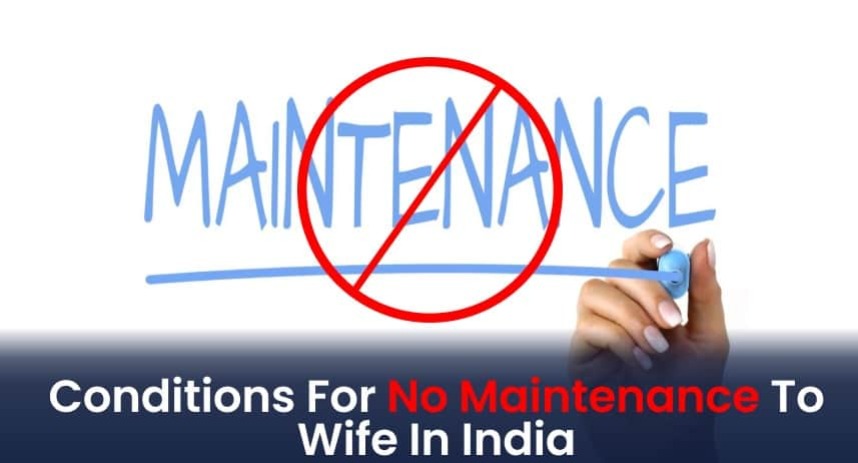Prasenjit Mandal, J.@mdashChallenge is to the Order No. 37 dated February 18, 2010 passed by the learned Civil Judge (Junior Division), 2nd Court, Contai in Misc. Case No. 16 of 2005 arising out of Title Suit No. 247 of 2001. The plaintiff is the petitioner of the application. He instituted a suit being Title Suit No. 247 of 2001 for declaration, injunction, recovery of possession and other reliefs against the opposite party in respect of the suit property as described in the schedule of the plaint. The defendant/opposite party was contesting the said suit and he took several adjournments to file a written statement. Ultimately, he could not file any written statement. Even he did not file any show-cause as to why the suit should not be heard ex parte against him. Ultimately, the suit was heard ex parte on June 14, 2001 and then, the suit was decreed ex parte on August 31, 2004.
2. Thereafter, on June 23, 2005, the opposite party filed an application under Order 9 Rule 13 of the CPC for setting aside the ex parte decree along with an application u/s 5 of the Limitation Act for condonation of delay. Both the applications u/s 5 of the Limitation Act and under Order 9 Rule 13 of the CPC were allowed by the impugned order. Being aggrieved, the plaintiff/petitioner herein has preferred this revisional application.
3. Now, the question is whether the impugned order should be sustained.
4. Upon hearing the learned Advocates for the parties and on going through the materials-on-record, I find that the learned Trial Judge has committed flagrant errors of law in disposing of the said two applications. In order to consider the application u/s 5 of the Limitation Act and the Misc. Case under Order 9 Rule 13 of the CPC, the learned Trial Judge was required to see whether the opposite party was prevented by any sufficient cause from appearing when the suit was called for hearing.
5. As indicated above, the defendant/opposite party herein was contesting the said suit by taking steps praying time to file a written statement from time to time and the Court granted several adjournments to file a written statement. Ultimately, when the defendant did not take any step, the learned Trial Judge directed the defendant to show-cause by April 15, 2004 as to why the suit shall not be heard ex parte against him for not taking steps. In spite of such orders, the defendant did not take any step. Nor did he file any show-cause. Ultimately, on June 14, 2004, the evidence was recorded ex parte as the opposite party did not take any step on the previous occasion. The evidence was completed on that day. But, the learned Trial Judge decreed the suit ex parte on August 31, 2004.
6. The application for setting aside the decree was filed only on June 23, 2005 along with an application u/s 5 of the Limitation Act.
7. This being the position, the opposite party was required to show that he was prevented by sufficient cause from appearing when the suit was called for hearing.
8. As to delay, the opposite party has contended that there was a talk for compromise and he was under an impression that the suit had been compromised and so, he was not required to go to the Court and as such, he did not take any step.
9. He has further contended that he came to know about the ex parte decree by the letter dated April 21, 2005. But surprisingly, the said letter was not filed. He has also contended that on getting information by search, he came to know that the suit was decreed ex parte and then he took steps for setting aside the ex parte decree. But no material has been filed by the opposite party in this regard. The opposite party has examined himself as P.W.1 and he has reiterated the fact as narrated in his application for setting aside the ex parte decree. But he did not file any paper of compromise. It is not his case that he signed any compromise petition.
10. Mr. Nirmal Kr. Dey, learned Advocate appearing for the petitioner has drawn my attention to the written objection particularly the paragraph No. 9 of the written objection appearing at page 53 and thus, he submits that there was no talk for compromise at all and the petitioner did not declare that he would not proceed with the suit at any time. Nor did he state that the property had been partitioned and he would not go to the Court. It is a specific contention that the opposite party did not appear in the Court intentionally and as such, the suit was decreed ex parte on August 31, 2004. So, the prayer for condonation of delay should be rejected.
11. So far as the ground for delay, the finding of the learned Trial Judge, I find, is totally perverse. He has to consider whether the defendant was prevented by any sufficient cause from appearing when the suit was fixed for hearing. He did not do so. On the contrary, the learned Trial Judge has observed that there was a long standing dispute between the parties and if the suit is decided on merits, none will be prejudiced and the opposite party (petitioner herein) will get an opportunity of hearing. She has also observed that an opportunity of hearing should be given to the parties in order to meet the ends of justice. This finding, I hold, is not in accordance with the spirit of an application u/s 5 of the Limitation Act or an application under Order 9 Rule 13 of the CPC.
12. Mr. Dey, appearing for the petitioner has referred to the decision of Kamal Kumar Maity & ors. v. The State of West Bengal & anr. decided in C.O. No. 3020 of 2007 by this Bench and thus, he submits that on the basis of the said decision since the opposite party has failed to show sufficient reasons for non-appearance, the application u/s 5 of the Limitation Act and the Misc. Case under Order 9 Rule 13 of the CPC should have been dismissed by the learned Trial Judge. I find that this decision supports the petitioner of this case in the given situation.
13. On the contrary, Mr. Soumen Datta, learned Advocate appearing on behalf of the opposite party has submitted that the learned Trial Judge has taken a liberal view in allowing the application u/s 5 of the Limitation Act and the Misc. Case under Order 9 Rule 13 of the CPC and so, the impugned order should not be interfered with. In support of his contention, he has relied on the decisions of Aloke Kumar Dey v. Ashoke Kumer Dey reported in 2008 (1) CLJ 308 (Cal) particularly the paragraph Nos. 8, 9 and 14 and
14. With due respect to Mr. Datta, I am of the view that these decisions shall not be helpful in favour of his client because of the fact that situations are completely different and in the instant case, the petitioner failed to show sufficient cause for non-appearance at the time of hearing. Although he took steps in the suit on earlier occasions, he did not take any step in the suit since March 4, 2004. The learned Trial Judge gave opportunities to the defendant to contest the suit but he did not do so. The ex parte decree was not passed all of a sudden. Evidence on behalf of the plaintiff was closed on June 14, 2004 and the suit was decreed ex parte on August 31, 2004. So, the defendant got enough time to contest the suit before the disposal of the suit.
15. Mr. Datta, learned Advocate for the opposite party, has also referred to the unreported decision of Sri Amalendu Kumar Bera & ors. v. The State of West Bengal passed in C.O. No. 602 of 2012 and thus, he submits that Revisional Court should sparingly interfere with the discretionary power exercised by the Court on the ground that another view than the one taken by the Revisional Court is a possible view.
16. With due respect to Mr. Datta, I am of the view that this is also not applicable because of the situation that the learned Trial Judge did not consider at all whether the defendant was prevented by sufficient cause for non-appearance at the time of hearing. The defence stand that the suit had been compromised and that the defendant was not required to go to the Court, cannot be believed in absence of any material-on-record and in view of the contention of the plaintiff in paragraph No. 9 of his objection.
17. The findings of the learned Trial Judge cannot be supported and it is totally perverse in view of the fact that he did not consider the basic ingredients in the matter of disposing of the applications u/s 5 of the Limitation Act and the Misc. Case under Order 9 Rule 13 of the CPC. The learned Trial Judge has failed to address issue properly. She has not come to a finding at all that the petitioner was prevented by sufficient cause from appearing at the time of hearing. On the other hand, the materials-on-record show that the opposite party was aware of the institution of the suit, he took several adjournments to file a written statement, but, he did not file a written statement. Nor did he file any show-cause as directed by the learned Trial Judge and ultimately, the suit was decreed ex parte.
18. Accordingly, the findings of the learned Trial Judge cannot be supported. I am of the view, that the petitioner has failed to show sufficient reasons for non-appearance at the time of hearing of the suit. The delay has not been explained by the opposite party properly.
19. Accordingly, the impugned order cannot be supported. The application u/s 5 of the Limitation Act is liable to be dismissed and in consequence the Misc. Case under Order 9 Rule 13 of the CPC is also liable to be dismissed.
20. In that view of the matter, the application succeeds and the same is allowed. The impugned order is set aside. The application u/s 5 of the Limitation Act stands dismissed. Consequently, the Misc. Case No. 16 of 2005 also stands dismissed on the ground of limitation.
21. Considering the circumstances, there will be no order as to costs. Urgent xerox certified copy of this order, if applied for, be supplied to the learned Advocates for the parties on their usual undertaking.

